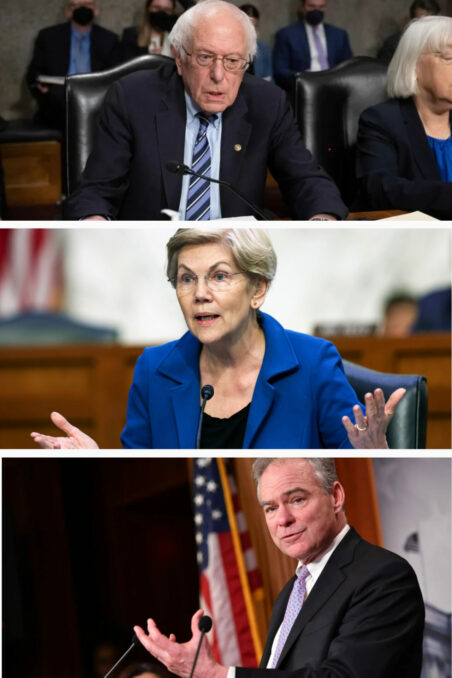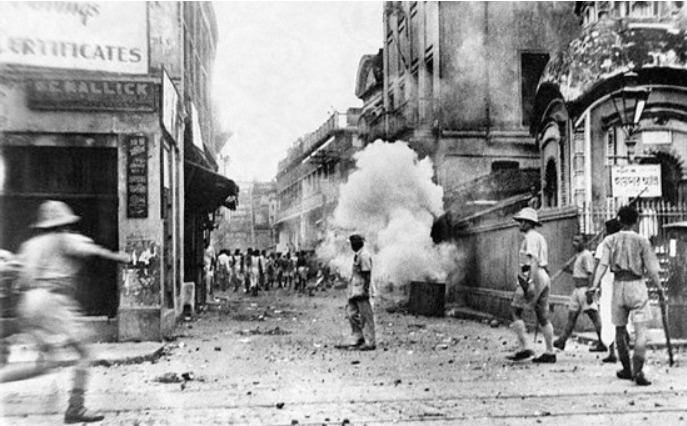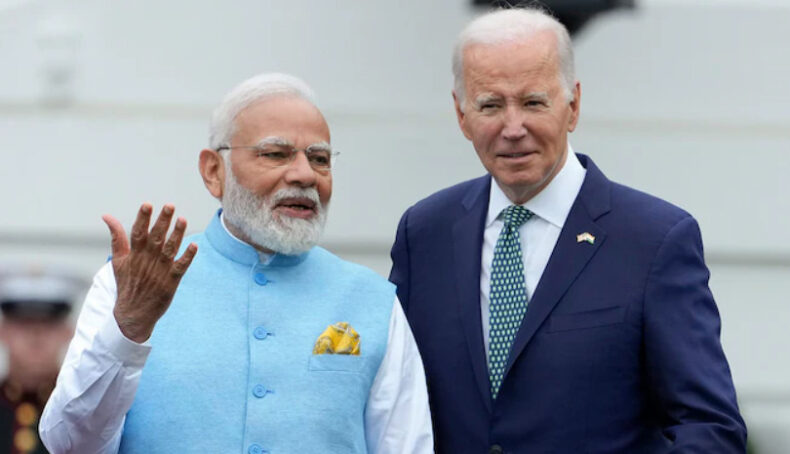A Cry for the Democracy
In a highly anticipated state visit, Indian Prime Minister Narendra Modi was hosted by President Joe Biden at a lavish State Dinner in the United States. However, this visit has sparked concerns among lawmakers and civil society groups, who have raised issues regarding India’s democratic record and the rise of Hindu nationalism under Modi’s leadership. The meeting between President Biden and Prime Minister Modi covered a wide range of topics,
including climate change and security in the Indo-Pacific region, particularly countering China. The White House statement on the meeting highlighted the growing defense and manufacturing relationship between the two nations, with discussions on joint production of military equipment and technology, as well as the potential purchase of armed drones by India. While the visit symbolizes the strengthening ties between the US and India, critics argue that it overlooks the erosion of democratic values in India under Modi’s government. The prime minister’s administration has been accused of undermining the independence of election supervision, manipulating the judiciary, and exerting control over the press. Such actions have raised concerns about the state of democracy in India. Furthermore, Modi’s association with Hindu nationalism has drawn significant criticism. Hindu right-wing groups, which promote a divisive ideology, have organized events in the US that have been described as promoting anti-Muslim sentiments. Such incidents have caused deep divisions within communities, with minorities, especially Muslims and Christians, feeling marginalized and deprived of basic human rights.
The Senators who Raised the Issue

The concerns about democratic backsliding in India have been highlighted by 75 US legislators,
including prominent figures like Bernie Sanders, Elizabeth Warren, and Tim Kaine, who have
written a letter to President Biden. They urge him to address issues such as the shrinking
political space, religious intolerance, and restrictions on civil society organizations, journalists,
and press freedoms during his discussions with Prime Minister Modi.
The Biden administration’s efforts to strengthen the partnership with India can be seen as part of
a larger strategy to counter China’s influence in the region. The US has offered significant
military and technological incentives to India, aiming to draw it away from its historical ties with
Russia. By deepening collaboration and investment in areas like defense, semiconductors, and
artificial intelligence, the US hopes to position India as a strong partner in its efforts to balance
China’s growing dominance.
However, critics argue that overlooking India’s democratic challenges in pursuit of strategic
interests may undermine long-term stability and the promotion of democratic values. The rise of
Hindu nationalist authoritarianism and the increasing risk of conflict with Pakistan, a
nuclear-armed neighbor, pose significant concerns for regional stability.
As the state visit concludes, the glaring contradiction between the Biden administration’s
rhetoric about democracy and its relative silence on India’s democratic backsliding remains a
point of contention. The visit may have further solidified the defense and economic ties between
the US and India, but it also highlights the need for a balanced approach that addresses both
strategic concerns and democratic values.
Conclusion

Ultimately, it is crucial for the United States, as a champion of democracy, to engage in a frank
dialogue with Prime Minister Modi on the pressing issues of democratic erosion, religious
intolerance, and press freedoms during his visit. By doing so, the US can demonstrate its
commitment to upholding democratic principles and ensure that the partnership with India is
rooted in shared values and a mutual commitment to preserving and promoting democracy.
Table of Contents
Sources
https://flip.it/f5Qzhu
https://time.com/6288459/india-ally-us-modi-biden-visit/













